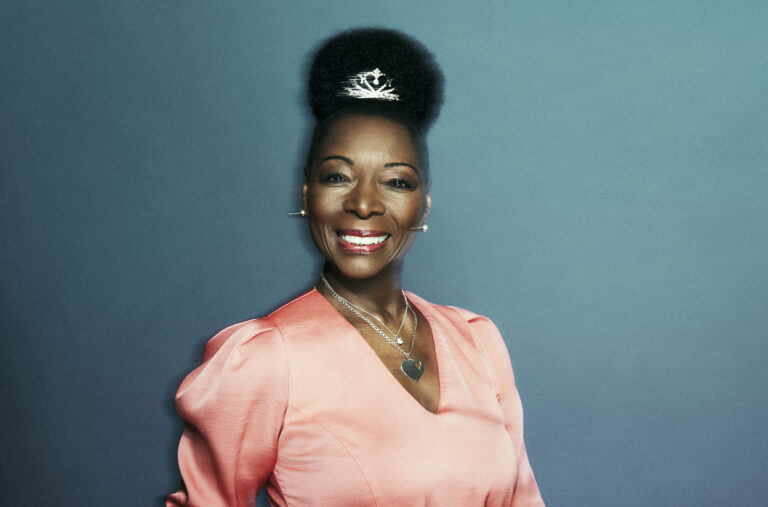Reflections on the pathway to equality
An article by Diversity Network’s CEO on International Women’s Day.
At Diversity Network, the women among us are lucky enough to be able to give thanks for our education, freedom and liberty which has got us this far in our careers. Juggling families and trying to get the work-life balance right can certainly be challenging; but in general, doors swing open, expectations for equality are high, and barriers are few. As a rule of thumb, the belief is that as long as you believe you will get somewhere, and you go about it carefully, you can generally do anything you want to.
Yet although we like to believe that the doors are wide open, the workplace is still not very good at flexing to accommodate new players, or embracing difference. Individuals are usually hired on their ability to flex to fit in with the existing work culture, and it is still far more unusual to find a workplace which is able to bend to the needs of all its employees. Difference is impractical by nature; it slows things down and makes life difficult. Compatibility, similarity and unity, by contrast, are traditionally rewarded. So, by ignoring difference and focusing on similarity, it is possible for anyone who doesn’t conform to ‘the norm’ to be unintentionally undervalued, undernoticed, or just plain ignored.
And this is how, in a room of fast talkers, some employees can find it hard to get a word in edgeways, and their full potential may never be given a chance to shine through. In a room full of male leaders at a networking event, those who are lower down (eg. women, older people or the disabled) can often go completely unnoticed. And then there is the bubble effect. Even in 2020, some all-male working groups may still not realise the lack of females among them until it is pointed out to them. “We’ve actually never noticed that we have a lack of women,” said one male team leader to me recently. “They are welcome to join us if they want!”
The difficulty is, do people really want this? We all want to be included, rather than in the minority. It’s great to feel that there are others around you who can relate to you.
So, is it worth the hassle of taking a job where you are outnumbered by people not like you? How many more barriers are you taking on, in contrast to staying somewhere else where it is safer? Is pushing towards equality really worth the extra barriers, and the extra effort?
If businesses are not able to flex, whether intentionally or not, unconscious gravitation towards similarity can lead to very unequal opportunity, and a huge sense of frustration. And then it leads to the individual having to flex in a massive way in order to try to blend in. Those from other cultural backgrounds might have to be louder and more vocal to get their ideas heard, women might have to wear ultra-high heels to do networking, and those who are older, or pregnant, or disabled, or infirm, can often find themselves at a real disadvantage.
Therein lies the key problem behind diversity and inclusion, and a key reason why including difference necessarily needs to be incentivized in order for society to make real headway in the long quest towards equality.
Conferences and online events are a great way of shining a light on what’s going on in the world, though. At the STEM-related events which Diversity Network produces, we are seeing an increasing number of director-level-and-above female speakers – far more than ten years ago. We also know that women and minorities now have a more tangible place at the leadership table than they did a few years ago. Yet as conference producers ourselves, it can still be a struggle to reach the 50/50 male/female mark, both in terms of delegates and speakers. The journey towards parity has started, but much more needs to be done.
As both employers and employees, it behoves us all to be aware of unwitting discrepancies, biases and exclusions within our organisations. We need to do everything we can to become more inclusive in our outlook. But it’s not all bad… By shining a light on the difficulties, it gives us a much better opportunity to fix them.





